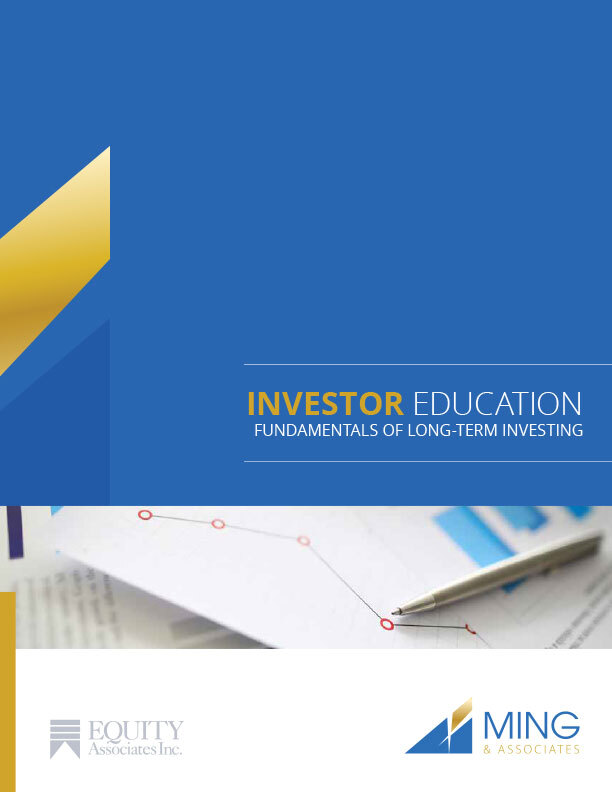With the exception of the global capitalist revolution itself, the most
important development of the last ten years is the internet. As the
internal combustion engine was the defining technology at the beginning
of this century, surely the web defines the start of the next.
In few areas of human endeavor has the net intervened so quickly and
dramatically as investing. The staggering quantity of instantly
available financial information, and the speed with which the investor
can act on it, has captivated whole new generations of internet trading
devotees.
That these people do not see that trading is speculating rather than
investing, and that they do not know that portfolio turnover correlates
negatively with return over time, are subjects for another day. Of much
greater and far more terrible consequence will be the fact that its
advocates don’t seem to realize that the web does not think, nor
exercises any judgement. It limitlessly provides all available good
information – and bad information – without distinction. It will tell
you facts which, properly employed, may lead you to wealth, and which,
used badly, will help to destroy your wealth. When the stars of
internet trading information include people who call themselves motley
fools, we may safely take them at their word. Garbage in, garbage out.
We don’t forbid the sale of cigarettes. We do, however, blazon on each
pack, and on all advertising, the inarguable fact that smoking causes
cancer. We don’t proscribe the sale of alcoholic beverages, but we post
signs in bars and liquor stores warning that pregnant women who drink
risk deforming their babies. Just so, I know that we can’t – and
shouldn’t forbid investors the internet, nor the personal computer and
modem which give them access to it. But there should, I believe, be a
cautionary label on each piece of hardware, and the same warning should
flash on the screen when you’re online. It should say, WARNING: WISDOM
SOLD SEPARATELY.
Successful investing is not at all about information, which, since it’s
universally available on the web must already be in the price anyway.
It’s about the behaviour of people: the wisdom (or folly) with which one
responds to shocking market events which one didn’t anticipate. All the
web access in the world doesn’t seem to have prepared anyone for the
mini-crash of August ’98, with Russia’s default, the Asian meltdown, and
Latin America’s fiscal crisis last year.
If anything, all that information may have given people a false sense of
security. (“If I have all this up-to-date information, am I not totally
on top of the markets, and prepared for anything?” Well, as it turns
out, no.) The result is to magnify the shock of getting surprised and
increase the odds of a panicky “sell” decision. And of course your
internet broker will never try to talk you our of that (or any other)
bad decision. It will do the only thing it can; give you an instant and
limitless outlet for all your very worst instincts.
“Electronic Wisdom” is an oxymoron. Fortunately, therefore, wisdom is
the stock and trade of all successful long term Investors or their
Advisors. No matter how much information comes out of a machine, wisdom
never will.
